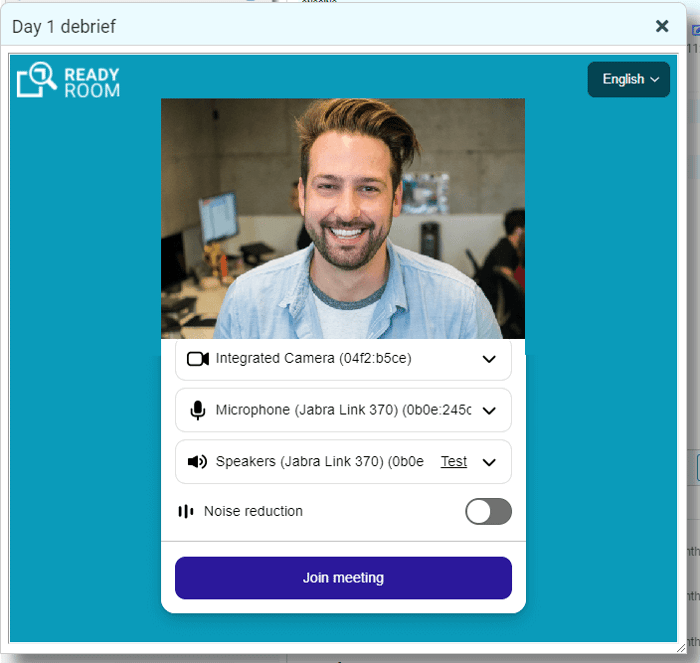In the
previous blog post in this series, we introduced the concept of positive face (the desire to be well-respected), negative face (the desire to control one’s own actions), and how an audit or inspection naturally “threatens” those desires. We also discussed how auditees can threaten the auditor’s positive or negative face by responding angrily or combatively during audit activities.
It’s obvious that if an auditee raises their voice to the auditor, the auditor could get upset. There are other more subtle face-threatening acts that auditees perform, frequently unintentionally. If your goal is to avoid irritating the auditor, be conscious of the following responses and consider these alternatives:
Evasiveness: Trying to “wiggle out” of answering a question threatens the auditor’s positive face (“Does she think I’m an idiot?”) and negative face (“I have a schedule to keep, but I can’t get an answer.”) For example,
Q: Was there an approved SAP in place before database lock?
A: We’ve already given you the SAP to review.
Q: Yes, but it was dated after database lock. Was there another version that was approved before database lock?
A: The SAP is right there. You can see the date on it.
Q: Was there a different version of the SAP that was approved before database lock?
A: We've already given you the SAP.
Auditees are sometimes trained to respond in this fashion, to avoid any admission of error, but it’s not an effective strategy. The auditor isn't asking you the question over and over to get you to admit you were wrong; they need to give you a chance to correct an erroneous assumption.
The best way to respond to this type of question is simply to provide the facts: “This is the first version of the SAP that was approved, but the team was working from a draft version since March of 2020, as shown by the version history.”
Anticipation. Auditees may anticipate that a question is a coded finding and respond by objecting to the finding. For example,
Q: Do you have a work instruction for the process of following up on financial disclosure that outlines due diligence attempts to contact investigators?
A: There’s nothing in the regulations that says we have to have a process that goes into that level of detail.
This type of response threatens the auditor’s positive face (“The auditee is trying to school me on the regulations”) as well as the auditor’s negative face (“I have a schedule to keep, but I can’t get an answer”). The auditor isn’t necessarily hinting at a finding; they may be looking for a procedure because the interviewees aren’t explaining the process well or consistently. The best response to this type of question is to state the facts and highlight any quality control measures in place: “Our procedure doesn’t get to that level of detail, but as a rule we document two attempts to contact the investigator in the TMF.”
Stonewalling. I once supported an inspection in which the inspectors requested a list of site monitors on Day 1. On Day 3, they were incredulous that the team hadn’t managed to produce this list. Failing to follow up on a document request threatens the auditor’s negative face by throwing them off schedule. At some point it’s better to be up front about the reason for the delay so the auditor can modify the request (for example, “We realized as we were reviewing the list that we had some conflicting information about two of our auditors from Ukraine; that CRO closed several years ago and we’re not having any luck resolving our questions. Can we provide the list without those two names and follow up with them later?”).
Deflection. An auditor asks to speak to the subject-matter expert in data management. That person enters the room, the auditor asks a question, and the response is, “I have no idea. I wasn’t here at the time.” This response threatens the auditor’s negative face (“They're wasting my time”). Auditees who are not conversant with study details should not be presented as subject-matter experts, but if they are asked a question to which they don’t know the answer, a better response is, “I’m not sure of the details off the top of my head, but I will ask our team to confirm the answer and get back to you.”
Technicality. When an auditee tries to evade a finding on a technicality, it's both insulting and frustrating to the auditor. For example, the auditee may claim that the lack of approval on the Data Management Plan is not a deviation from the SOP because the SOP says, "The Data Manager approves the Data Management Plan" rather than "The Data Manager
must approve the Data Management Plan." It's far better to acknowledge a minor finding ("Thank you for the feedback") than to present ridiculous arguments.
Badgering. An auditor may cite a deviation from a regulation. An auditee may object to the auditor’s interpretation of that regulation. The auditor may respond by saying that their opinion hasn’t changed. If the auditee keeps reiterating objections, the auditor’s positive and negative face are threatened. The only face-saving response in this situation is, “Thank you for the feedback. We’ll take it into consideration.”
Just as the auditor uses politeness strategies to save the auditee’s face, the auditee has to avoid actions that threaten the auditor’s face. Most auditees don’t
set out to irritate an auditor, but rather behave reflexively when they feel threatened. In the next post in this series, we’ll talk about the best way to control responses, even when an auditor is using bald on-record tactics, to de-escalate confrontations during an audit or inspection.



